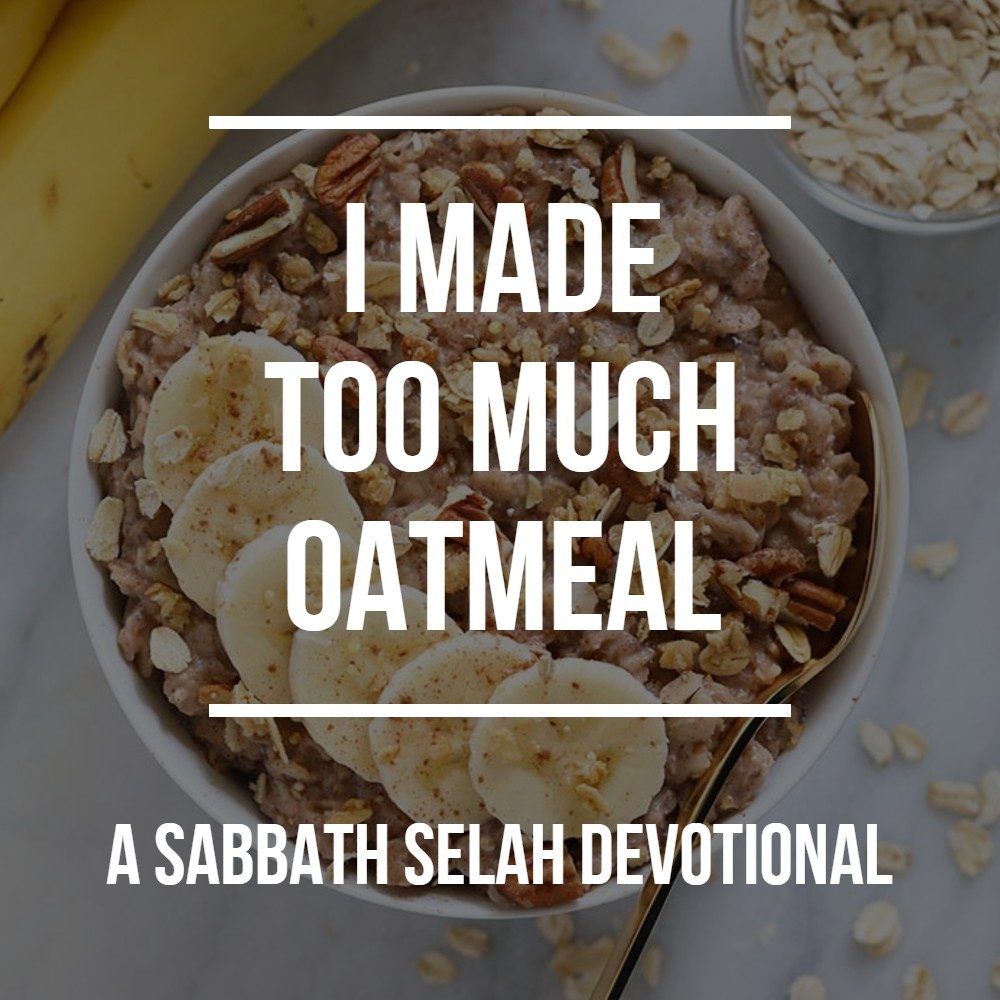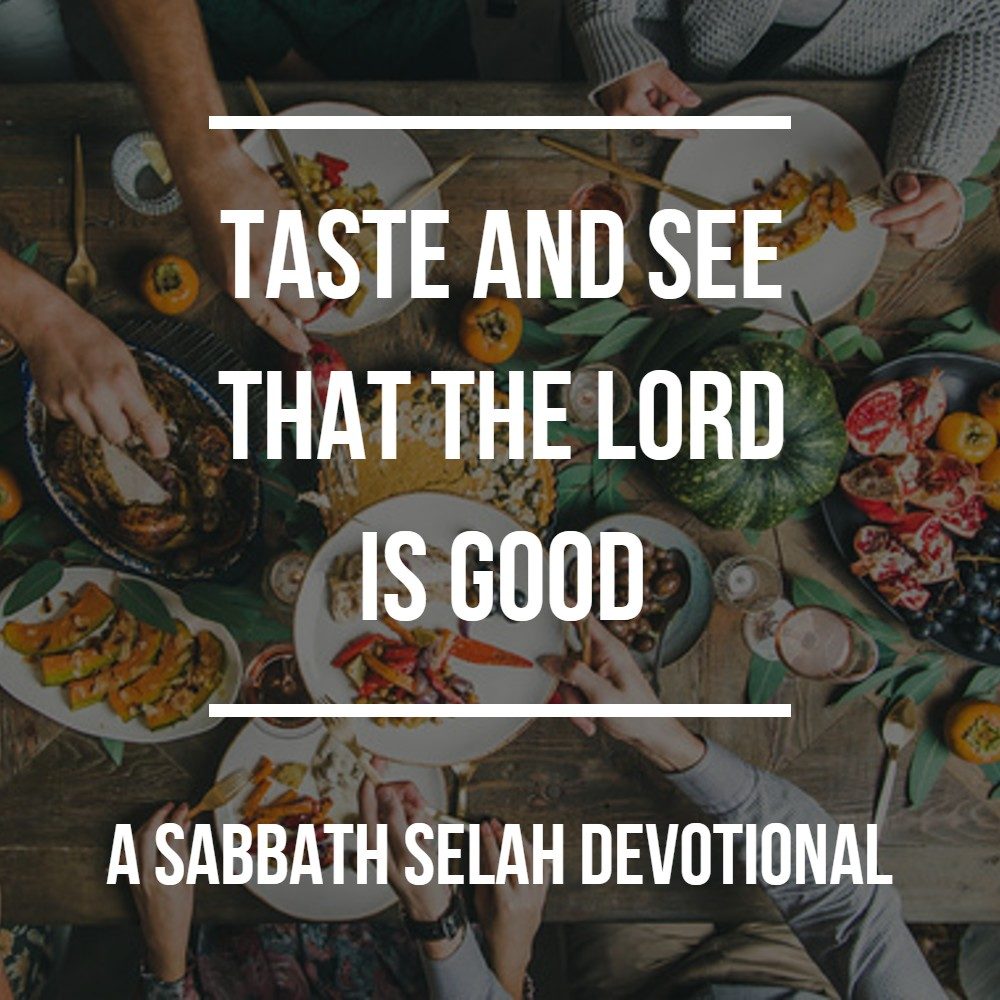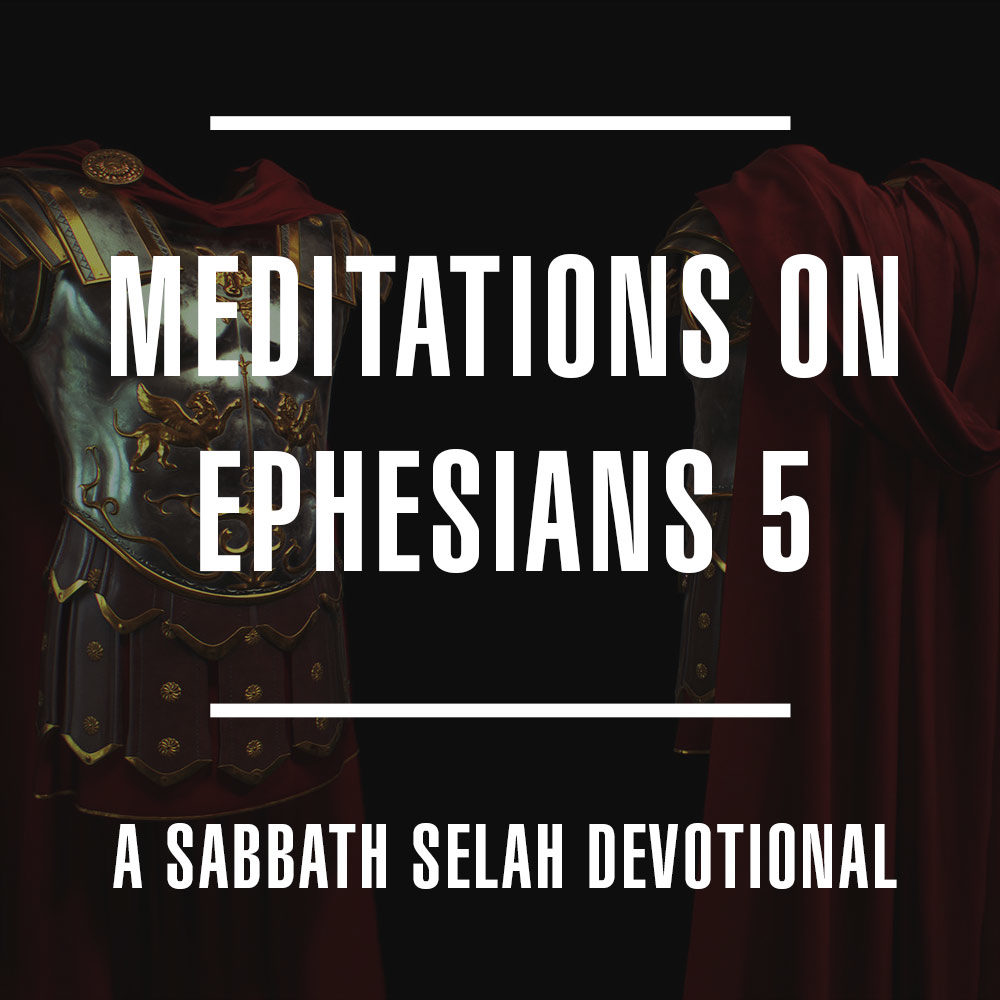One time, when I tried to share with a non-Christian about Jesus’ wonderful sacrifice, they responded with disgust and said that Christianity is a, “morbid, bloodthirsty, violent, and oppressive religion.”
I was shocked and incredulous. “You don’t understand, Jesus let HIMSELF be killed to set us free.”
“I know. That’s exactly what I find repulsive about Christianity.”
That shocked me into silence. What was he smoking?
But the more I thought about it, the more I realized he had a point.
We speak a lot about penal substitutionary atonement (the fancy term for Jesus taking our punishment). But if we focus on that without accepting our utter sinfulness and rebellion, it’s easy to conclude that God enjoys crushing us, or gets a rise out of setting us up for failure.
Not to mention penal substitutionary atonement doesn’t give the full Biblical significance of Christ’s shed blood.
Isaiah 53 is where we get perhaps the clearest picture of Christ taking the punishment we deserved. As a result, God gives us “imputed righteousness.” Essentially, that means that he views us as pure, even though we’re not, because when he looks at us he sees that Christ paid our debt.
But in actuality, this doesn’t filter down into a changed lifestyle. It’s not a substantive change in who we are. Rather, it’s a change in how God views us. And we know there’s more to Christ’s atonement than that.
Where does that “more” come from?
Let’s follow the breadcrumbs.
First, we read in Galatians 5:1, “For freedom Christ has set us free; stand firm therefore, and do not submit again to a yoke of slavery.” The freedom here is not just freedom in pretense, but instead an actual freedom from slavery to sin.
In addition, John 6:54 says, “Whoever feeds on my flesh and drinks my blood has eternal life, and I will raise him up on the last day.” The eternal life here is obviously not solely referring to the next life, because elsewhere he says that those who are born of the Spirit bear the fruit of the Spirit in this life.
That means there is fruit that is unique to the Spirit that he grows in us.
The fruit of the Spirit doesn’t primarily come from him thinking differently about us. Instead, it comes from a change in the substance of who we are. God doesn’t merely consider us “grapevines.” He MAKES us grapevines by giving us his lifeblood.
We are truly freed to be holy (1 Peter 1:16), insofar as we walk by his Spirit.
(With total freedom from evil coming in the next life through the destruction of our flesh and the creation of a new pure body and a new pure earth.)
So, it’s not just that God sees we’re no longer deserving of cosmic spankings (in the form of eternal damnation). It’s also a change in our way of life, through his Spirit changing the substance of who we are, which involves changing our desires.
Every Christian who has walked with God for some time has experienced this gravity that Christ’s Spirit has, to bend our desires to his will.
The closer we walk with him, the more our evil desires wither, and the more our desires align with his will.
But it has always bothered me that I didn’t understand the connection between us drinking his blood and our desires being changed.
Then it hit me that sin is inherently bloodthirsty.
All human fleshly desires, when taken to the extreme, result in bloodshed.
Hatred taken to the extreme leads to abuse and murder.
Lust taken to the extreme leads to rape and murder.
Lying taken to the extreme leads to the denial of life itself.
Gluttony taken to the extreme leads to cannibalism, because to encourage the consumption of everything is to encourage eating human beings.
Laziness taken to the extreme leads to letting your family, friends, and even yourself die.
We can complain all we want about Christianity being a blood-obsessed religion. We’re a blood-obsessed race!
But only in Christ do we find a God subjecting himself to the bloodthirsty whims of broken human beings, to offer his blood to end all bloodshed.
When we sinned, evil got into our blood. It distorted our life, and we’ll all die because of it.
But evil will never be satisfied with feeding off more evil blood. It merely grows hungrier, like a fungus feeding on itself.
When Jesus was before Pontius Pilate and the mob knew he was innocent, the evil within humanity still cried out, “Crucify him!”
The only remedy to such insatiable desires would be to feed it the ultimate food: the pure blood of a God who never deserved death.
This was why he said in John 4:14, “Whoever drinks of the water that I will give him will never thirst again.”
Because pure blood is eternal, and all the sin in the world could spend an eternity gnawing on it only to find itself quenched.
And so he tells us to symbolically drink his blood, to satisfy not just his wrath, but also our own wicked desires. To not just set us free from death, but to also give new life to our veins.
“Wretched man that I am! Who will deliver me from this body of death? Thanks be to God through Jesus Christ our Lord!” – Romans 7:24-25
Let’s pray.
PRAYER
Thank you, Jesus, that your sacrifice both washes us clean, and sets us free from slavery to evil. Thank you that your sacrifice satisfies our desires! Empower us to walk in that freedom, by your Spirit, and to refuse to feed our fleshly desires! Make our evil wither and fall out of our lives. So that we can be totally, completely reconciled to you. To live the full life of actual freedom that you pre-ordained for us in your sovereign plan, even before we were born! Amen.
DIG DEEPER
What are some of the accomplishments Scripture says God accomplished through the blood of Jesus? Take some time to write out all the accomplishments Scripture claims. (There’s a lot of them!)






